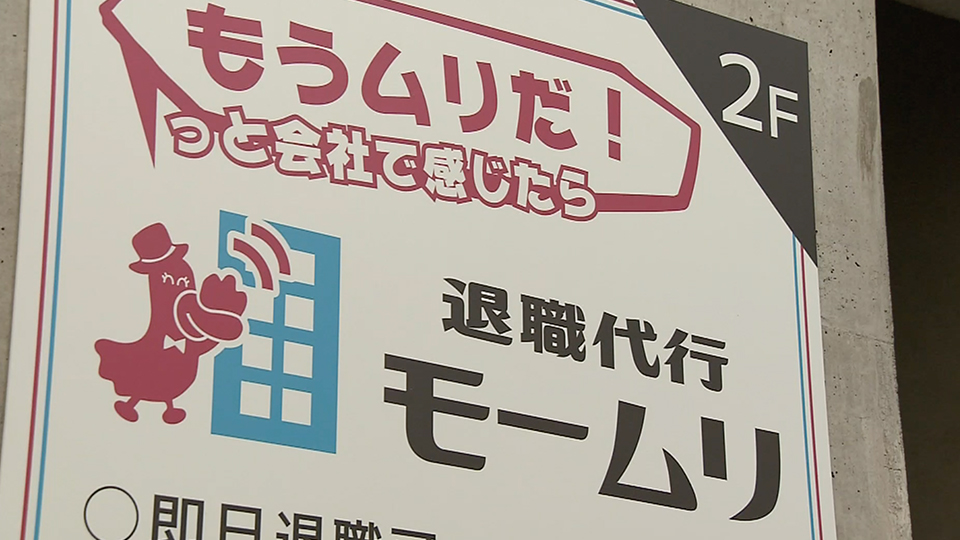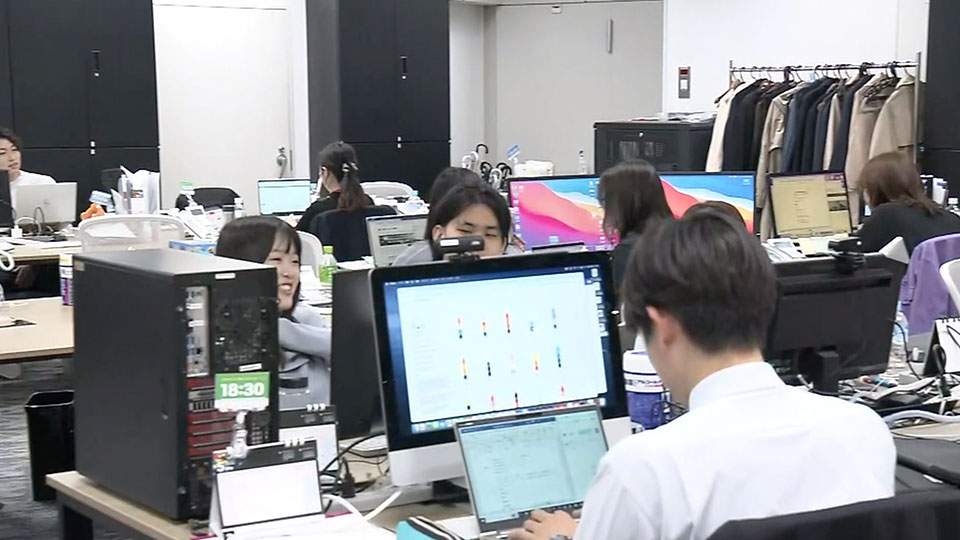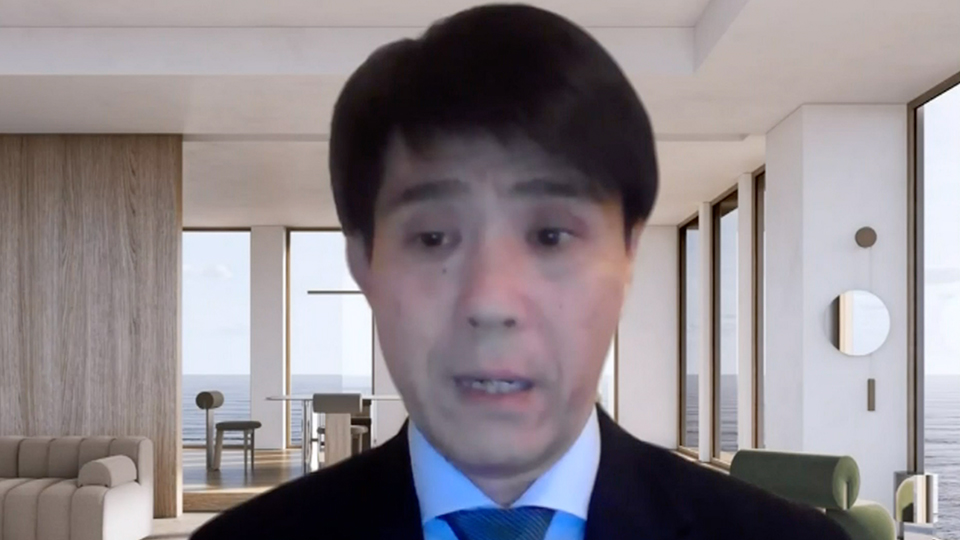Resignation agency services see booming business
A resignation agency service in Tokyo's Ota ward helps clients notify, on their behalf, companies that they wish to resign.

When NHK visited the agency, one staff member was contacting a client's employer to inform them the person was quitting the company and would no longer go to the office.
The firm says that as of April 15, it had handled such requests from 110 new employees.
The most common reasons given for quitting were duties and work conditions.
Some clients say the work was not what they were promised before they joined the company, and that they were also worried about their career plans.
Others say they were unable to attend their company's entrance ceremony due to having the wrong hair color, even though there were no dress code or hair requirements.
The manager of the agency says individuals should work hard at what they can, but when that becomes too difficult, resigning and changing jobs are viable options.
Woman left the company soon after joining
Yamamoto Nana joined a company as a new graduate two years ago, but left less than two months later.
She says she had asked during training to be assigned to a specific section, but was assigned to a different section, so she quit.
Yamamoto says the company never asked if she would consider staying on in other sections, or informed her about the possibility of being assigned to a desired post. She says she might have stayed if the firm had tried to arrange a compromise.
She says she had been planning to leave after a certain amount of time at the company. She is now a freelancer.
Yamamoto says nowadays it's not unusual to change jobs, and the benefits of staying at the same company depend on the individual and the company.
She added she hopes the view that it's bad to quit soon after being hired will change.
Freshmen who resigned say their companies, co-workers were good to them
The number of people who want to quit soon after joining a firm is rising every year.
A leading recruitment agency says thousands of new workers registered with the firm in April last year, marking a record high. The number of registrants was about 30 times higher than in April 2011.
The firm says this month's trend of registrants is about the same as last year.
The reasons people quit have changed over the past five years.
The firm, which is headquartered in Osaka, launched a service five years ago to help people resign. It says that at the beginning, people said they were afraid of their bosses, or that companies weren't letting them quit.
But recently, more are saying that they have lost confidence in themselves after watching their superiors and co-workers, or that they don't necessarily dislike their companies.
The company says a growing number of people are saying their companies and co-workers have been good to them, and that they're grateful, but that they just don't fit in, and so want to quit.
It also says the companies are surprised when they learn that the employee wants to leave.
Measures: Companies need to change
A consulting firm specializing in human resources recruitment in Tokyo hires around 15 fresh graduates every year.

But in 2015, about half of the new recruits quit after less than one year.
So the company decided two years ago to be honest about workplace issues starting at the recruitment stage.
A company official says the issues include overtime and turnover rate. He says the firm strives to be open about the toughest topics.
He says paid leave should be granted at 100 percent, and that there should be no overtime. But he says if new workers face overtime after being told otherwise, this leads to a gap in their expectations about their employment.
An employee in her first year says her boss explained the efforts to cut overtime work, which she found reassuring.
Another worker, who is in her second year, says there was almost no gap in the job expectations.
Thanks to these efforts, the company has reduced the number of new workers who quit within one year.
The official says unless companies reverse the tendency to keep negative information under wraps, the expectation gap among new workers will continue. He says companies need to change, otherwise they will be rejected by young people.
Expert: Companies should explain how they will accommodate new hires and engage in in-depth communication
Kurita Takayoshi, head of a research institute at the human resources firm Recruit, says many young people harbor a strong desire to minimize uncertainties about their workplace.

He says they are overcome by anxiety when the picture is unclear, such as how, where and with whom they will be working.
He says companies need to explain to new hires how they will be accommodated, and engage in in-depth communication with them before they join the workforce.
He says such efforts are necessary to prevent new recruits from calling it quits so soon.
